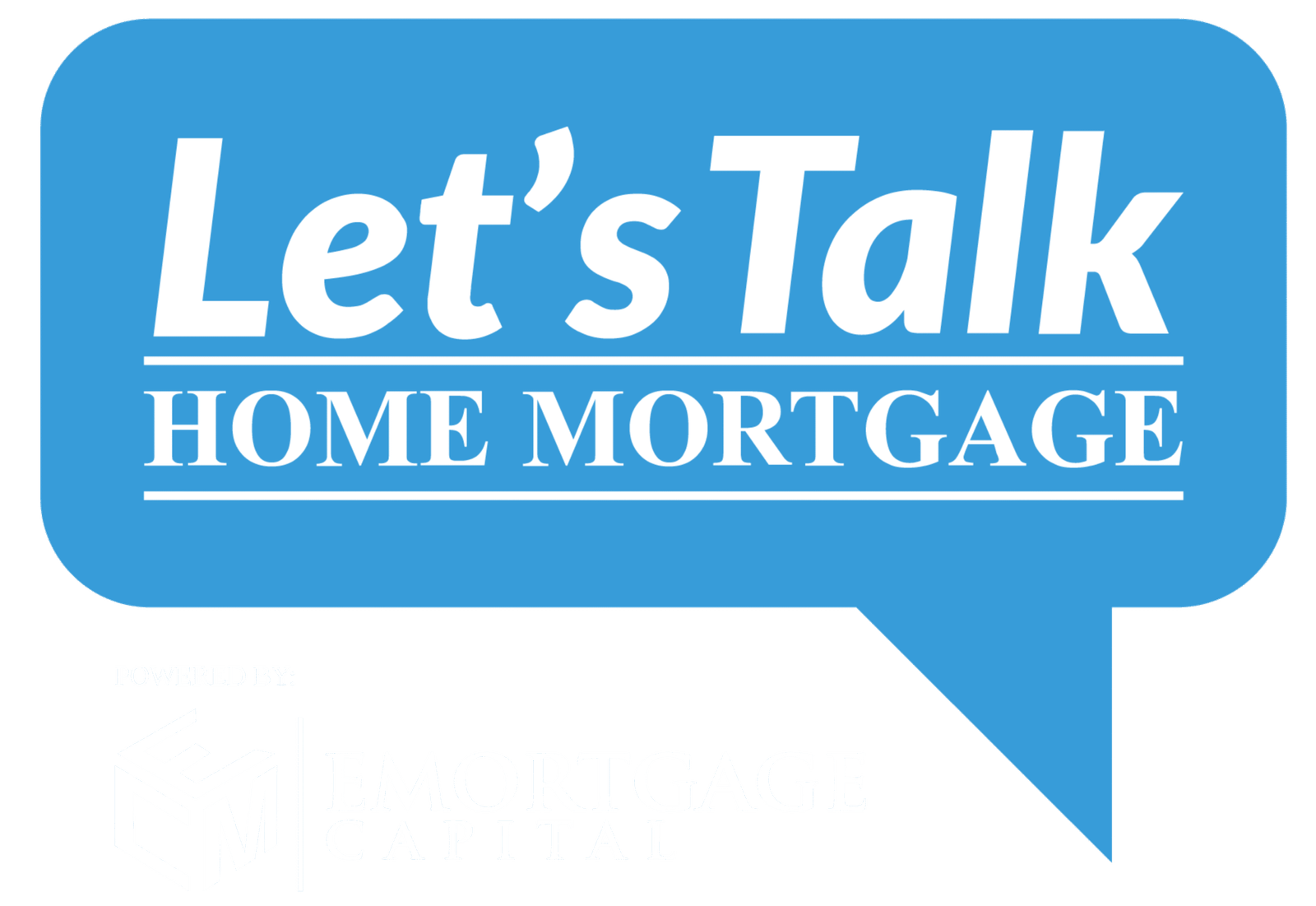
Are you feeling overwhelmed by the financial strains of caring for aging parents? You’re not alone. Many of us in our forties and fifties are grappling with the challenges of the “sandwich generation.” From financial strains to emotional hurdles, the journey of caring for elderly loved ones can be daunting. As a Reverse Mortgage Professional and a caregiver, myself, I understand the complexities firsthand. Allow me to share some insights that may resonate with your own experiences.
Understanding the Financial Burden
Raising children comes with its financial demands, but the costs of caring for aging parents can often exceed those. Medicare, while a vital support for medical expenses, falls short when it comes to long-term care. The reality is stark: the average cost of nurturing a child to adulthood pales in comparison to the expenses associated with elder care.
According to the Genworth 2021 Cost of Care Survey, a private room in a nursing home commands an average monthly fee of $9,034, with a semi-private room not far behind at $7,908. These figures translate into annual costs ranging from $94,896 to $108,408. The financial implications extend beyond institutional care, encompassing expenses like home modifications and caregiver support.
Navigating the Emotional Terrain
The toll of caring for aging parents extends beyond the financial realm. It’s an emotional journey fraught with uncertainties and complexities. Marguerita M. Cheng, a fellow Certified Financial Planner (CFP) who balances caring for her father with her professional commitments,
“…highlights the importance of accessing resources like employee assistance programs (EAPs). These programs offer invaluable support through caseworkers who can provide vetted resources tailored to your family’s unique needs.
Patti B. Black, another CFP who has walked the path of caring for her parents, emphasizes:
“…the need for open communication within families. Honest discussions about caregiving responsibilities and potential scenarios can pave the way for informed decisions.”
Whether it’s exploring in-home care options or considering a reverse mortgage, transparency and collaboration are key.
Utilizing Reverse Mortgages for Elder Care
For some families, a reverse mortgage can be a viable solution for funding elder care expenses. This financial instrument allows homeowners aged 62 or older to convert part of their home equity into cash, which can then be used to cover ongoing care costs or make necessary home modifications to accommodate aging parents. While a reverse mortgage may reduce the potential inheritance for heirs, it provides a way to access funds without tapping into personal savings or retirement accounts. (Click here to Learn More)
Preserving Your Financial Future
As you navigate the intricacies of caring for aging parents, it’s essential to safeguard your own financial well-being. Discussing long-term plans as a family can unearth creative solutions, such as multigenerational living arrangements or exploring financial instruments like reverse mortgages. These strategies can alleviate the strain on your finances while ensuring quality care for your loved ones.
Seeking Support
Remember, you don’t have to navigate this journey alone. There are resources available to guide you through the maze of caregiving responsibilities. Reach out to local agencies and nonprofit organizations specializing in elder care to explore available support services in your area.
In closing, I want to assure you that while the road ahead may seem daunting, you have the strength and resilience to navigate it. Together, we can find solutions that honor our commitments to our families while safeguarding our financial futures.



